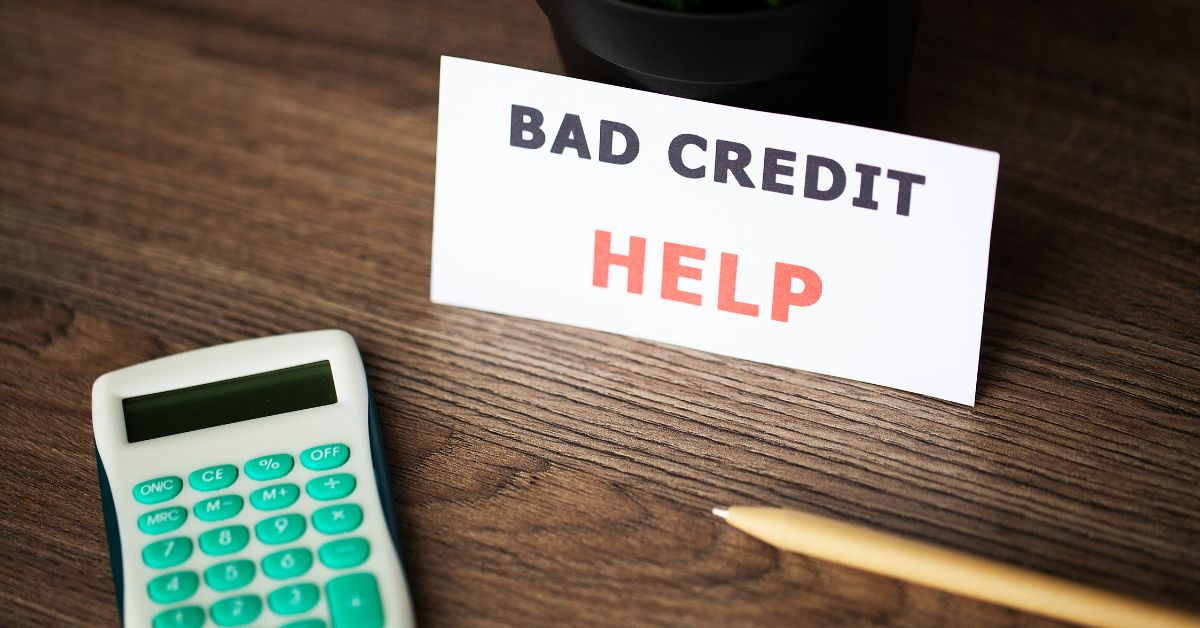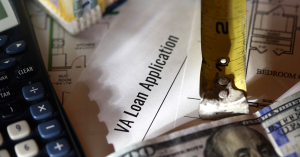The homeownership journey can be complex, and it becomes significantly more challenging when you have a blot on your financial record, such as delayed payments.
Having explored this subject extensively, I can confidently say that such financial setbacks often lead to anxiety about VA loans, a valuable benefit earned by those who have served in our military.
Veterans loans can be approved despite a history of paying late. But how can such financial hiccups influence your mortgage journey?
Understanding VA Loan
When it comes to home loan programs tailored specifically to the needs of veterans and active military personnel, the Veterans Affairs (VA) loan takes the forefront.
Established as part of the G.I Bill in 1944, this type of loan is government-backed and offers numerous benefits to those who qualify. This loan enables eligible veterans to achieve their home-owning dream with no down payment, lower interest rates, and flexible credit requirements.
Also, disabled veterans can be eligible for a VA loan. They only need to have completed at least 90 days of active duty during wartime or 181 days when there’s peace. Plus, they qualify upon serving six creditable years in the Selected Reserve or National Guard.
Specific situations such as debt or poor credit may force borrowers to have a cosigner for their home loan. Having a cosigner for a VA loan is possible. However, the cosigner must meet the same financial requirements as any VA loan applicant, such as providing proof of income and a credit score.
The importance of VA home loans for veterans cannot be overstated. This unique loan program eliminates many barriers to homeownership. Furthermore, the loans don’t require mortgage insurance, a mandatory requirement for most other loan types when making less than a 20% down payment. This could lead to significant savings over the life of a loan.
Impact of Late Payment in Approving VA Loan

Delayed payments can impact a borrower’s credit report and mortgage approval chances. A mortgage with delayed payments can indicate financial irresponsibility, making lenders more hesitant. However, VA loans offer more leniency in delayed payments than conventional loans. You can demonstrate responsible financial behavior in recent times, and approval is still possible.
Every mortgage program, the VA included, has specific guidelines concerning late mortgage remittance. The VA does not impose stringent rules, but lenders typically follow a 12-month rule.
This guideline means lenders want to see that you haven’t had any delayed payments in the last year. Paying late a few times within the past year is not automatic deal-breakers. Proving you paid late due to valid reasons could improve your approval chances.
Types of VA Lenders and Their Role in Approving Loan
There are multiple types of VA lenders, including national banks, credit unions, private banks, and mortgage companies.
Your choice of lender is crucial in your quest to secure a loan, especially when past late payments figure in your credit history. That’s why shopping around and choosing a mortgage group that comprehends your circumstances is essential.
Each lender plays a paramount role in approving a loan. It’s important to remember that in the Veterans Affairs loan process, the Veterans Administration does not provide the loan; they only guarantee it. The VA lenders, such as mortgage brokers and banks, are the ones providing the loan.
Hence, they independently dictate the terms, interest rates, and other fees. However, this process helps many veterans service or refinance their loans.
Automated Underwriting System for VA Loan
Understanding the role Automated Underwriting Systems (AUS) play in approving loans is critical. This software program allows mortgage lenders to request a borrower’s eligibility quickly and appropriately.
The AUS will assess the loan risk level by looking at various factors such as credit score, debt-to-income ratio, employment history, and financial holdings.
The Automated Underwriting System’s decision affects your mortgage approval chances. Any mortgage with late payments especially a 30-day late payment within the last 12 months gets the lender’s attention during the AUS evaluation.
Mortgage approvals can fail to pass automated underwriting initially due to paying late, but a manual evaluation can override this. If you have missed payments but can provide legitimate explanations backed by a strong history of credit, the AUS decision may not end your loan journey.
VA Underwriting Process
Underwriting is the cornerstone of the process of approving a loan, determining whether or not a borrower is a good credit risk. This procedure ensures that the borrower can pay back the mortgage loan. The underwriting process will review credit history, inspect the debt-to-income ratio, verify employment, and assess financial assets.
Understanding the VA’s unique underwriting process will help catch any possible red flags in your application. While the loan underwriting process is less stringent than conventional or FHA loans, requirements still must be met.
Shortcomings such as bad credit scores, paying late, or debt collection could lead to denial in the Veterans Affairs loan underwriting process. However, the loan could still be approved if such issues are isolated or easily justified.
Steps to Approving VA Loan

Being well-prepared is the key to lenders approving your loan despite paying late. Here are loan eligibility requirements for approval:
- Obtain a Certificate of Eligibility: This confirms your eligibility for a VA loan based on your service.
- Pre-approval: The lender reviews your financial details and determines the possible loan amount.
- House Hunting & Offer: Select a property within your budget and make an offer.
- Contract & Home Inspection: Once the offer is accepted, finalize the contract and schedule a home inspection.
- Appraisal: The VA appraises the property to ensure it meets its minimum requirements.
- Underwriting: The lender reviews your credit, income, and assets for final loan approval.
- Closing: Final legal documents are signed and the home purchase is completed.
Late Payments While Applying for a Loan
While delaying to pay your loan may seem stressful, there are ways to enhance your approval chances. An upward trend in your recent financial history can say a lot.
Whether it’s a higher credit score, timely monthly payment history for the last 12 months, or a lower debt-to-income ratio, every positive financial habit can help build a strong case for approval.
With a deep understanding of this topic, I can affirm that measures can be taken to lessen their impact on how loans are approved. For instance, writing a letter of explanation, showcasing an improvement in financial habits, or making a larger down payment can make a substantial difference in the mortgage approval process.
Overcoming the challenges associated with a VA with delayed pay isn’t easy, but it’s certainly achievable. It’s possible to successfully get approved for a loan despite a rough financial past.
The most potent tool in your arsenal is an ongoing demonstration of financial responsibility and growth, showing that past mistakes have led to better habits today.
Frequently Asked Questions About VA Loan Approval With Late Payments
Can you get approved after paying late?
You can get approved for a Veterans Affairs loan after paying late. However, lenders usually require that this has not happened in the last 12 months. Providing legitimate explanations for paying late can support your case and enhance your chances of approval.
How many late payments are considered bad?
Late payments harm your credit score, especially if there are multiple instances. Lenders are most concerned about recent late payments, with 60-90 days past due being worse than 30 days. However, the impact lessens over time, especially if you make timely payments now.
How many late payments can you have on a VA loan?
A VA loan has no set number of allowed for paying late. The VA does not enforce a strict rule, but most lenders prefer a clean record of timely payments for the past 12 months. A few late payments can be overlooked, especially if there are valid reasons.
Can late payments affect getting a mortgage?
Yes, late payments can significantly affect getting a mortgage. Late payments indicate a potential risk to lenders and can negatively impact the mortgage approval process. Lenders prefer borrowers who have demonstrated a consistent history of timely payments.
What is considered a late mortgage payment?
A mortgage payment is considered late unless paid by the due date specified in the mortgage agreement. Typically, a payment made more than 30 days after the due date could be reported to the credit bureaus as a late payment. However, specific terms and conditions can vary depending on the lender and the loan agreement, including grace periods after the due date.






